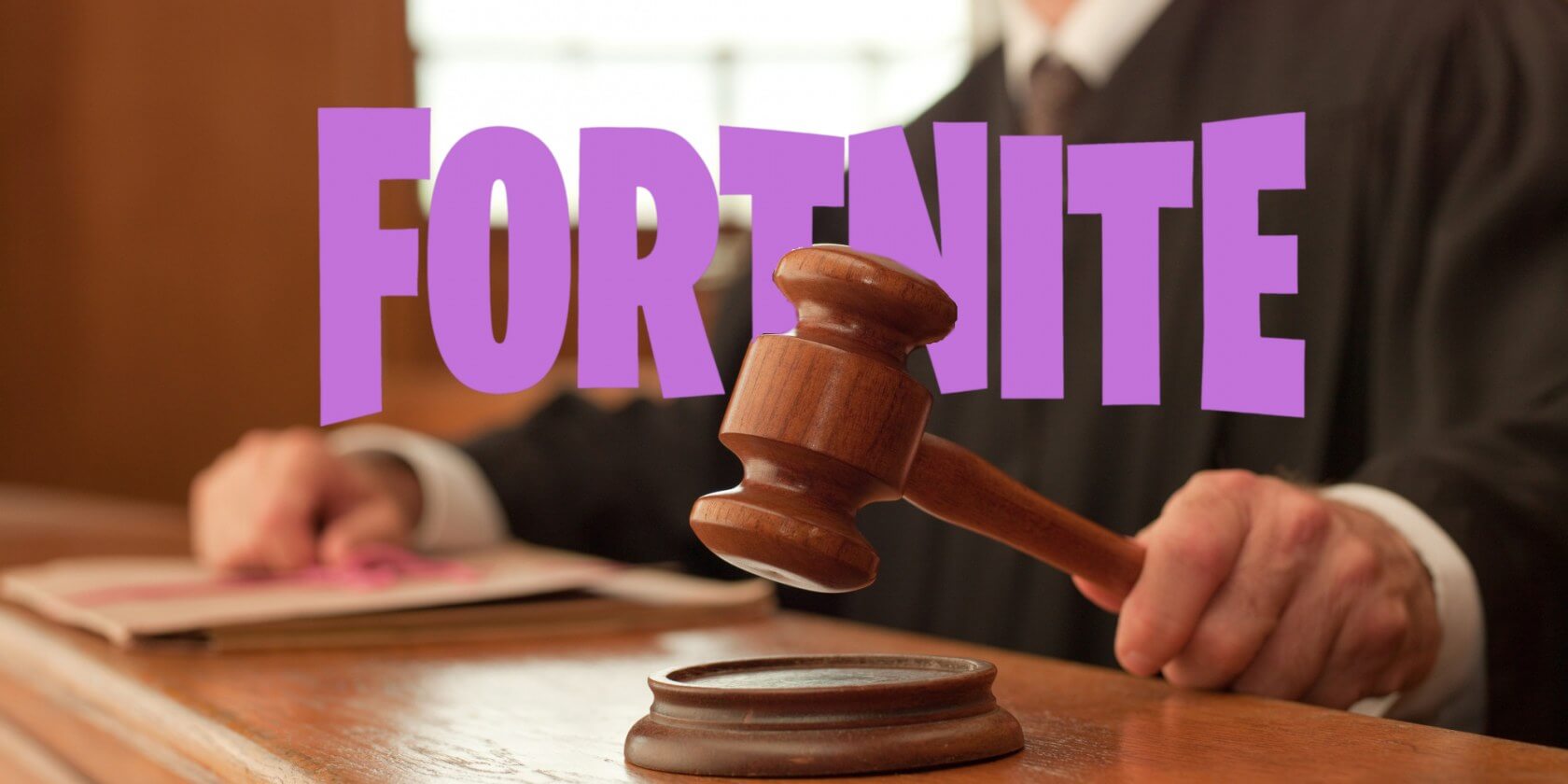What just happened? A federal court in North Carolina has ruled that Fortnite creator Epic can go ahead with its lawsuit against a 14-year-old for copyright infringement. The case had been held up for months while the judge considered a letter from the mother of the defendant as a motion to dismiss.
In October of last year, Epic brought lawsuits against several cheaters in its smash-hit battle-royale game Fortnite. To be clear, these were not your average cheaters. These were people who allegedly profited by either providing hacks or promoting them. Most of the suits have already been settled. However, one is proving a little more complicated.
Unbeknownst to Epic, at least one of the defendants was a minor. Not only does he stand accused of using a cheat that alters Fortnite's code, but he also demonstrated the hack and provided links to download it on his YouTube channel.
The mother of the cheater (referred to by his initials C.R.) wrote the company a scathing letter "informing" Epic that it was trying to sue a 14-year-old and that their complaint was invalidated because they had publically named her son. She also claimed that C.R. was unable to enter into a contract with Epic since he did not have her permission to agree to the terms --- a stipulation explicitly stated in the EULA.
When it came time to appear in court, C.R. and his mother failed to appear. Epic was going to move for a default judgment, but North Carolina District Court Judge Malcolm Howard said that considering the circumstances the court should at least treat the mother's letter as a motion to dismiss.

According to TorrentFreak, most of the arguments put forth in the document were irrelevant because they failed to state a claim. The only complaint that held any water was whether or not C.R. could have entered into the EULA agreement.
Epic argued that minors cannot invalidate the terms of a contract while receiving the benefits of said contract. In other words, C.R. illegally misrepresented himself as an adult and is therefore still obligated to the contractual terms.
According to court rules, an accuser's complaint holds more weight than a motion to dismiss. Judge Howard ruled that the letter from the mother was not enough to throw out the suit.
"As detailed in plaintiff's response memorandum, defendant has not shown that the complaint fails to allege sufficient facts to state a claim for relief that is plausible on its face. [T]herefore, in the light most favorable to the plaintiff, plaintiff has stated a plausible claim, and the motion to dismiss must be denied."
The defendant now has two weeks to file a response to the complaint. Failing that, Epic can proceed to ask for a default judgment in the case.
